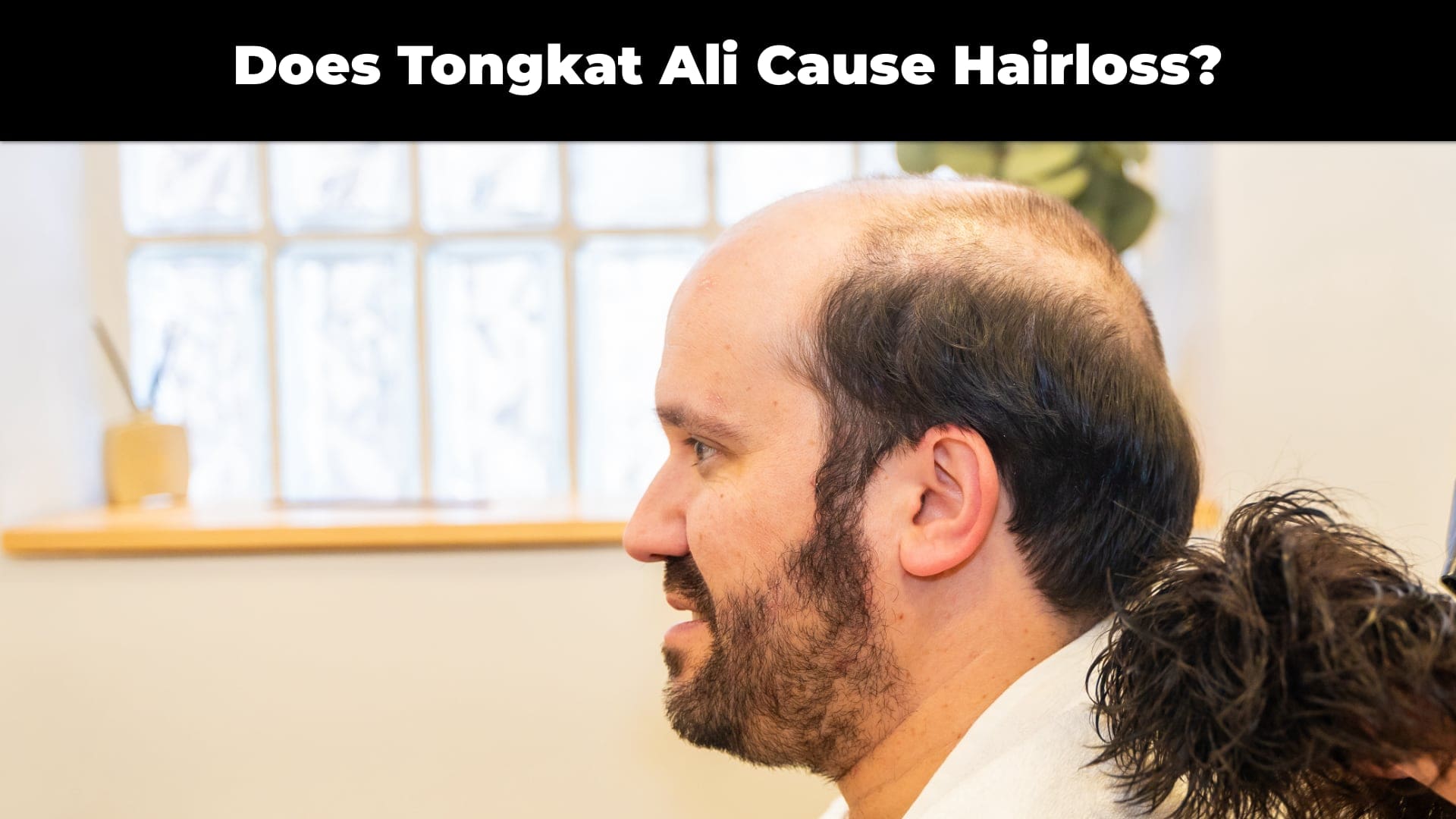
Wondering if Tongkat Ali causes hair loss or promotes hair growth? Discover the truth about Tongkat Ali and hair loss as well as hair health. This article delves into the facts and science you need to know.
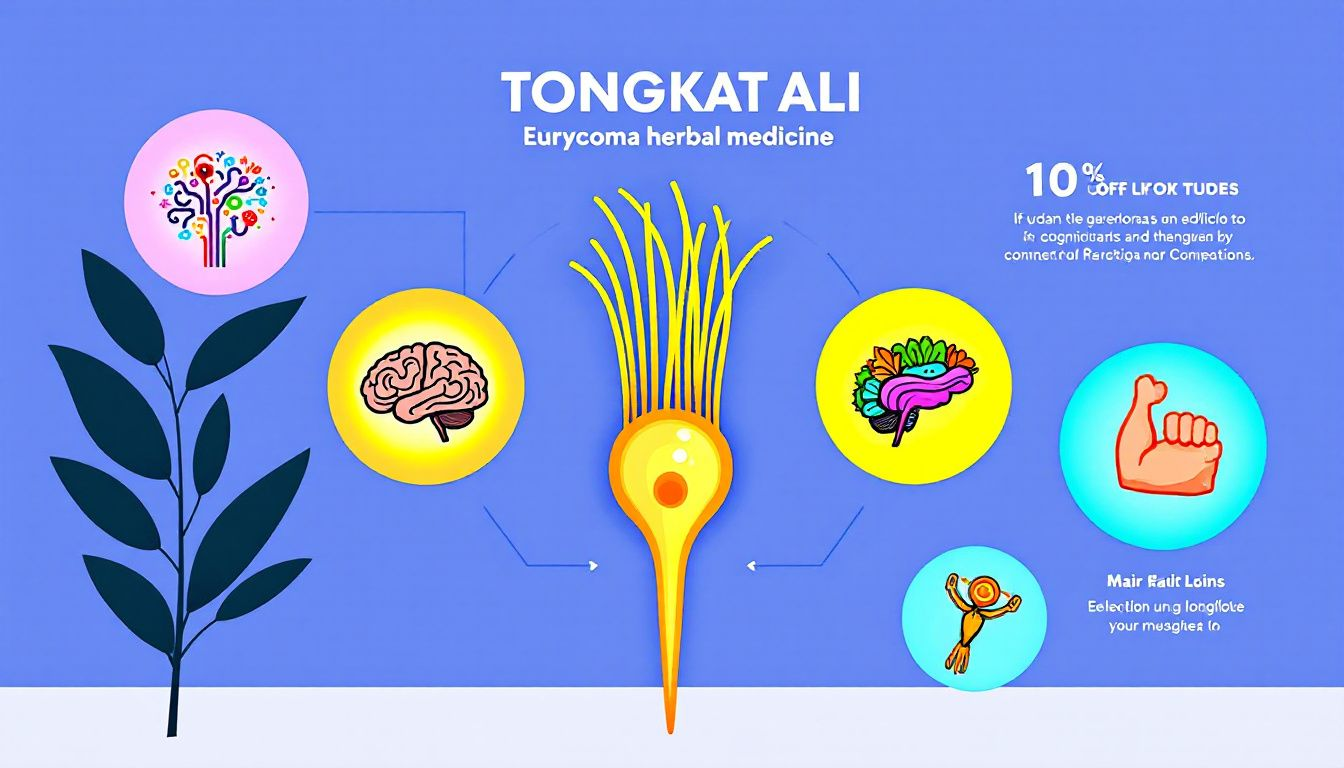
Tongkat Ali, scientifically known as Eurycoma longifolia, is a herbal supplement derived from a Southeast Asian plant. Traditionally known as Malaysian ginseng, Tongkat Ali has been used for centuries in Southeast Asian medicine for its numerous health benefits. The roots of this plant are the source of its potent compounds.
Historically, Tongkat Ali has been employed to address issues related to low testosterone levels, such as reduced libido and erectile dysfunction. Some studies suggest that it can significantly elevate testosterone levels, helping to alleviate symptoms associated with testosterone deficiency. This makes it particularly appealing for men looking to boost their vitality and physical performance.
Apart from enhancing testosterone, Tongkat Ali may also support male fertility by potentially improving sperm count and quality in men with low testosterone. Additionally, daily intake of Tongkat Ali has been shown to significantly decrease feelings of tension, anger, and confusion in individuals experiencing moderate stress. This stress-reducing effect indirectly benefits overall health, including hair health.
In recent years, Tongkat Ali has gained popularity in the West, thanks to its purported benefits backed by scientific research. As more people seek natural ways to enhance their well-being, Tongkat Ali’s appeal continues to grow. However, understanding its effects on hair health requires a closer look at the science behind it.
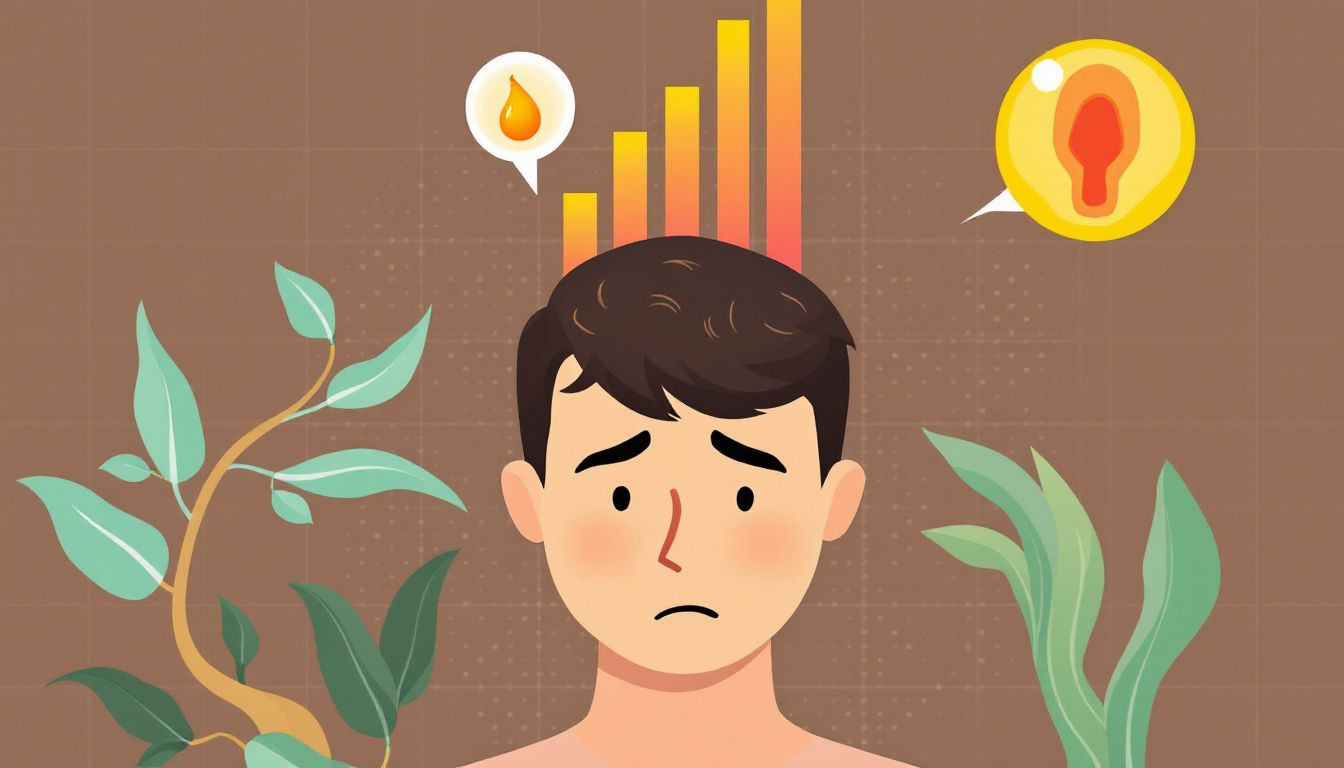
One of the most pressing questions surrounding Tongkat Ali is whether it can cause hair loss. The good news is that no scientific studies indicate that Tongkat Ali directly leads to hair loss or contributes to baldness. While it’s true that Tongkat Ali may elevate DHT (dihydrotestosterone) levels, this does not necessarily result in increased hair loss for everyone.
DHT is a hormone known for its link to male pattern baldness. Elevated DHT can cause hair follicles to shrink, leading to hair thinning and eventually hair loss. However, the relationship between DHT and hair loss is complex and varies from person to person. An imbalance between DHT and testosterone levels is a more significant factor in assessing hair health and loss.
For those genetically predisposed to baldness, it’s advisable to closely monitor their hair condition when considering Tongkat Ali supplementation. Although there’s no direct evidence that Tongkat Ali causes hair loss, being vigilant can help manage any potential changes in hair health.
Testosterone and DHT play crucial roles in the body, influencing not only sexual performance and muscle strength but also hair growth and loss. Testosterone levels naturally decline with age, leading many to seek ways to boost their hormone levels. Tongkat Ali supplementation has been shown to enhance testosterone levels by approximately 37% while reducing cortisol levels by about 16%.
However, an increase in testosterone levels can lead to an increase in DHT levels, which is a more potent androgen. For men who are genetically prone to male pattern baldness, this uptick in DHT can cause hair follicles to shrink, resulting in hair thinning and loss. The balance between DHT and testosterone, rather than DHT levels alone, is crucial in maintaining hair health.
While Tongkat Ali is touted for various health benefits, there is little direct evidence linking it to enhanced hair follicle condition or growth. This underscores the importance of understanding individual hormonal responses and genetic predispositions when considering Tongkat Ali supplementation.
Genetics play a significant role in determining how one’s body reacts to changes in hormone levels. Men who are genetically predisposed to hair loss may experience follicle regression if their testosterone levels increase significantly. Therefore, it’s essential to consider both personal and family medical history when evaluating the potential effects of Tongkat Ali on hair health.
Hormonal balance is a key factor in maintaining healthy hair. Elevated DHT levels can bind to hair follicles. This process causes them to shrink, which may result in hair thinning and loss. Ensuring a balanced hormone level can help mitigate these effects and support overall hair health.
Research suggests that Tongkat Ali may play a role in reducing anxiety and stress hormones. This stress-reducing effect can indirectly benefit hair health, as high-stress levels are known to negatively impact hair follicles. By alleviating stress, Tongkat Ali could potentially contribute to healthier hair.
Additionally, Tongkat Ali contains compounds that may possess antioxidant properties, which could theoretically support overall hair health. While more research is needed to confirm these effects, the potential antioxidant benefits add another layer of appeal to this traditional herbal medicine.
Like any supplement, Tongkat Ali comes with its potential side effects. Some users may experience mood swings and hormonal imbalances that can affect hair growth. These side effects underscore the importance of monitoring one’s response to the supplement.
Insomnia, restlessness, and difficulty maintaining sleep are other potential side effects, especially at high doses. These issues can impact overall well-being and should be considered when starting Tongkat Ali supplementation.
Gastrointestinal issues such as nausea and bloating have also been reported by some users. Overuse or misuse of Tongkat Ali can lead to increased aggression and other adverse effects linked to elevated testosterone levels. Therefore, it’s crucial to follow recommended dosages and consult healthcare professionals if any side effects occur.
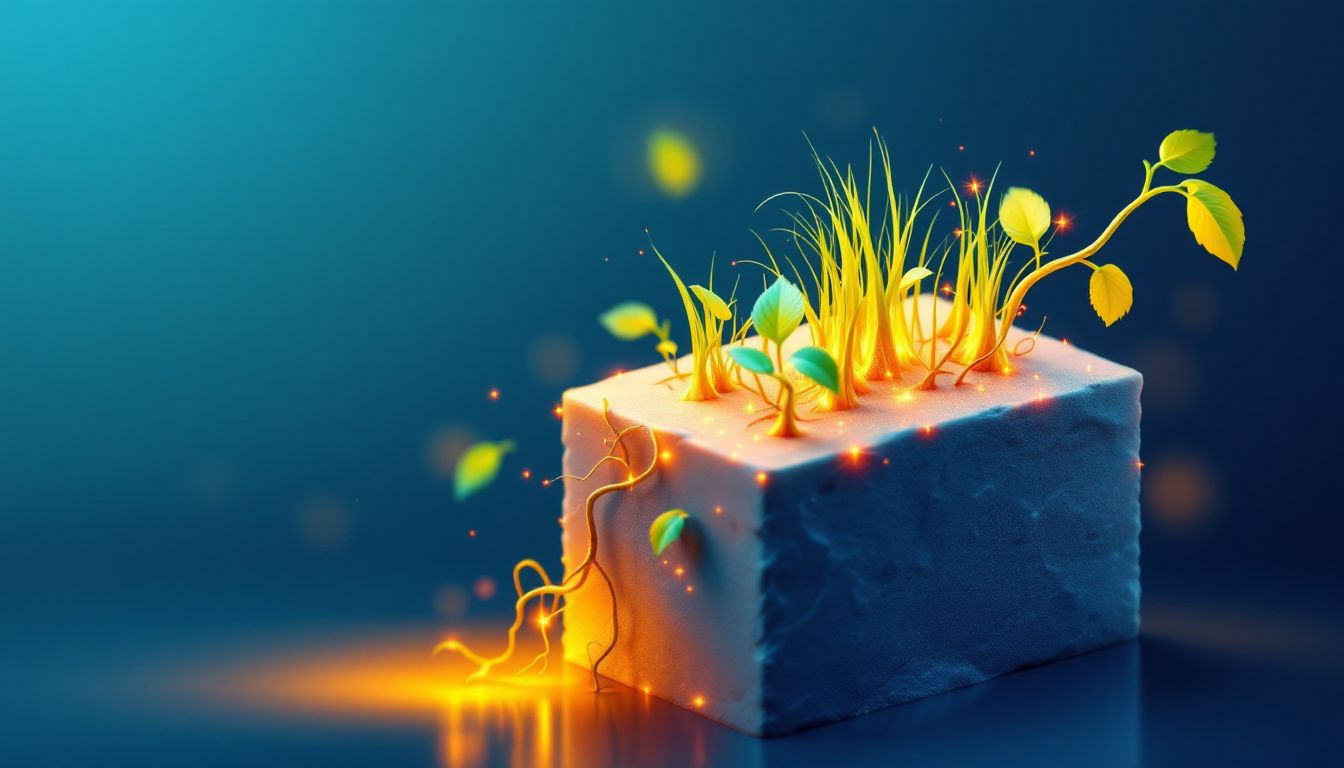
Despite the concerns about hair loss, there is no significant evidence or reported cases suggesting that Tongkat Ali impacts hair growth for regular users. The primary benefits of Tongkat Ali are related to its ability to enhance testosterone levels and reduce stress, both of which can indirectly support hair health.
Traditionally, Tongkat Ali has been touted for various health benefits, including its potential to support hair growth. While these claims are largely anecdotal, they highlight the long-standing belief in the herb’s positive effects on overall well-being. More scientific research is needed to confirm these traditional beliefs.

Before starting Tongkat Ali supplementation, it is essential to consult a healthcare professional, especially for individuals with medical conditions or those taking medications. A healthcare provider can help determine the appropriate dosage based on personal health and hormone levels.
Tongkat Ali is generally considered safe when taken at doses between 200 to 400 mg per day. Starting with the lowest effective dose is advised to gauge individual reactions and minimize risks. Reporting any unusual symptoms while taking Tongkat Ali is crucial for assessing its safety.
High doses of Tongkat Ali have been linked to potential DNA damage in gastrointestinal tissues. Additionally, research on the long-term safety of Tongkat Ali usage is lacking, raising questions about its prolonged consumption. Therefore, it is essential to monitor hormone levels through blood tests to ensure safety and effectiveness.
Pregnant and breastfeeding women should avoid Tongkat Ali due to insufficient research on its effects in these populations. Furthermore, some Tongkat Ali supplements may contain harmful levels of mercury, emphasizing the need for consumers to choose certified brands.
Hair loss can be influenced by a variety of factors beyond specific supplements. Genetic predisposition plays a crucial role in hair loss, affecting both men and women. Understanding one’s genetic background can provide insights into the likelihood of experiencing hair loss.
Stress is another significant factor that can trigger an increase in cortisol levels, negatively impacting hair follicle health. Nutritional deficiencies, particularly in vitamins and minerals, can also lead to hair loss. Ensuring a balanced diet is essential for maintaining healthy hair.
Certain medications can disrupt the normal hair growth cycle, resulting in hair loss. Therefore, it’s important to consider all possible factors, including genetics, stress, nutrient deficiencies, and medications, when addressing hair loss concerns.
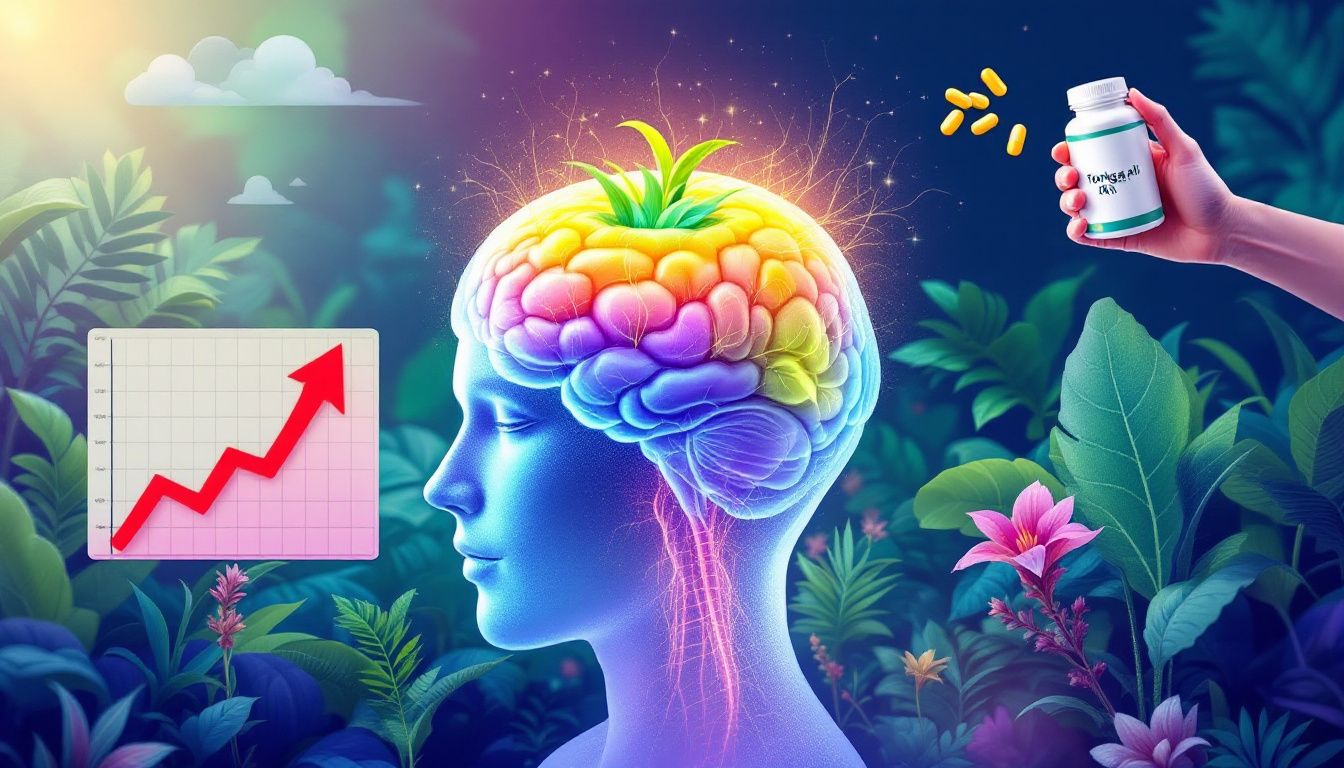
For individuals considering Tongkat Ali, personalized advice is paramount. People with hormonal cancers, heart disease, kidney disease, or weakened immune systems should be cautious when considering this supplement. Consulting a healthcare professional can ensure that Tongkat Ali is safe and appropriate for their specific health conditions.
It’s generally safe for women to take Tongkat Ali in moderate doses, but they too should consult a healthcare professional. Individuals on blood glucose medications should discuss the use of Tongkat Ali with their doctor, as it may enhance the effects of their medications.
Users should closely observe their hormonal changes and hair condition, especially if they are already experiencing hair loss. By monitoring their response to Tongkat Ali, individuals can make informed decisions and adjust their supplementation as needed.
In summary, Tongkat Ali offers a range of health benefits, particularly in boosting testosterone levels and reducing stress. While there is no direct evidence linking Tongkat Ali to hair loss, it’s important to consider individual hormonal responses and genetic predispositions. Consulting healthcare professionals and monitoring one’s health can help mitigate potential risks.
Understanding the broader factors influencing hair loss, such as genetics, stress, and nutrition, is crucial. By taking a holistic approach and seeking personalized advice, individuals can make informed decisions about using Tongkat Ali to support their overall well-being.
Taking Tongkat Ali every day is generally safe at doses of 200mg to 400mg and can enhance testosterone levels, reduce stress, improve mood, and boost physical activity. Overall, daily use supports both physical and mental well-being.
Yes, Tongkat Ali may increase facial hair growth by potentially boosting testosterone levels, which can promote faster body and facial hair growth.
While Tongkat Ali is generally considered safe, it may cause side effects such as gastrointestinal issues, insomnia, irritability, and restlessness. Long-term safety has not been extensively studied in humans.
Tongkat Ali does not directly cause hair loss, as there are no scientific studies supporting this claim. You can use it without concern for affecting your hair.
Taking Tongkat Ali can lead to side effects such as mood swings, insomnia, gastrointestinal issues, and increased aggression. It’s important to monitor your reactions to the supplement and consult a healthcare professional if you experience any adverse effects.
Copyright 2026 Tongkat Ali Australia, all rights reserved